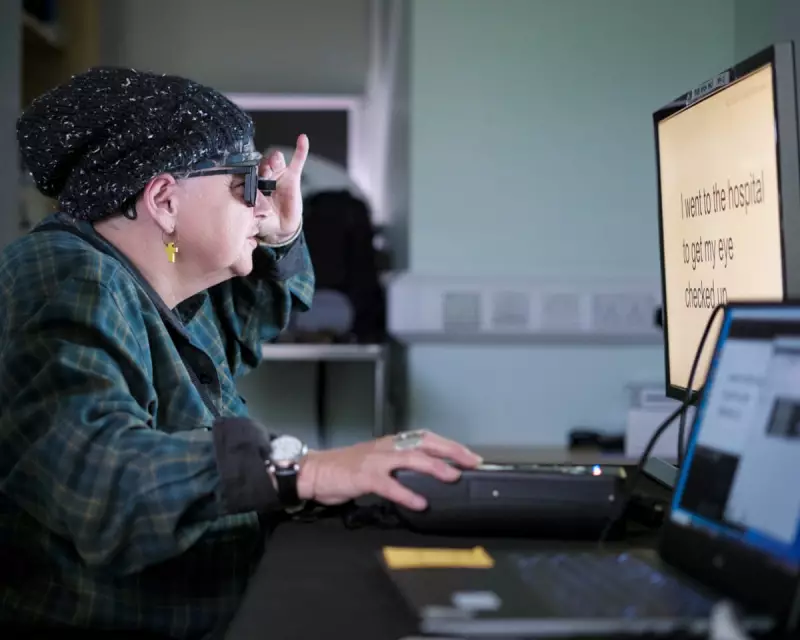
The rapid advancement of electronic implant technology is pushing humanity toward a critical crossroads, where the line between restoring lost function and enhancing natural abilities is becoming increasingly blurred. What began as medical devices to help the blind see or the deaf hear is evolving into something far more profound – technology that could fundamentally alter what it means to be human.
The Promise and Peril of Enhanced Senses
Modern neural implants are no longer just about repairing damaged biological systems. Researchers are developing technologies that could grant humans entirely new senses – the ability to detect magnetic fields, see infrared light, or process complex data streams directly through our neural pathways. While the medical benefits for restoring sight or movement are undeniable, the ethical implications of enhancement technologies demand urgent public discussion.
Where Do We Draw the Line?
The central question facing policymakers, ethicists, and society at large is whether these technologies should be viewed as tools for human empowerment or threats to human identity. As one researcher noted, the goal should be creating "a new way of seeing, not a new way of being." This distinction becomes crucial when considering technologies that might alter personality, memory, or emotional responses.
The Privacy Paradox in the Age of Connected Brains
Perhaps the most pressing concern involves data privacy and security. Implants that connect directly to neural pathways could potentially access our most private thoughts, memories, and emotional states. The regulatory frameworks governing such intimate data collection remain woefully inadequate for technology that interfaces directly with human consciousness.
- Neural data protection: How do we safeguard thoughts and brain patterns from corporate or government surveillance?
- Consent challenges: Can individuals truly understand the implications of sharing their neural data?
- Security vulnerabilities: What happens when brain-computer interfaces become targets for hacking or manipulation?
A Call for Ethical Guardrails
The development of these technologies cannot be left solely to corporations or research institutions driven by profit or scientific curiosity. Society needs to establish clear ethical boundaries before enhancement technologies become widely available. This requires:
- International standards for neural data protection
- Public funding for independent ethical research
- Inclusive public debates involving diverse perspectives
- Regulatory frameworks that prioritize human dignity over commercial interests
As we stand on the brink of being able to redesign human capabilities, we must remember that technological possibility doesn't equal ethical desirability. The future of human identity may depend on the choices we make today about how we integrate technology with our biological selves.





